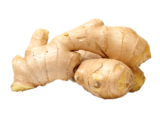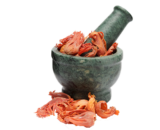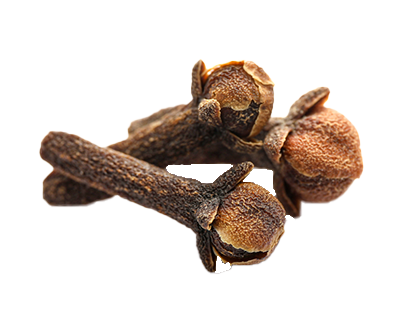The clove tree is an evergreen that grows to about 8 to 12 metres (25 to 40 feet) in height. Its gland-dotted leaves are small, simple, and opposite. The trees are usually propagated from seeds that are planted in shaded areas. Flowering begins about the fifth year; a tree may annually yield up to 34 kg (75 pounds) of dried buds. The buds are hand-picked in late summer and again in winter and are then sun-dried. Cloves vary in length from about 13 to 19 mm (0.5 to 0.75 inch). The buds contain 14 to 20 percent essential oil, the principal component of which is the aromatic oil eugenol. Cloves are strongly pungent owing to eugenol, which is extracted by distillation to yield oil of cloves. This oil is used to prepare microscopic slides for viewing and is also a local anaesthetic for toothaches. Eugenol is used in germicides, perfumes, and mouthwashes, in the synthesis of vanillin, and as a sweetener or intensifier.
Clove, (Syzygium aromaticum), tropical evergreen tree of the family Myrtaceae and its small reddish brown flower buds used as a spice. Cloves were important in the earliest spice trade and are believed to be indigenous to the Moluccas, or Spice Islands, of Indonesia. Strong of aroma and hot and pungent in taste, cloves are used to flavour many foods, particularly meats and bakery products; in Europe and the United States the spice is a characteristic flavouring in Christmas holiday fare, such as wassail and mincemeat.





